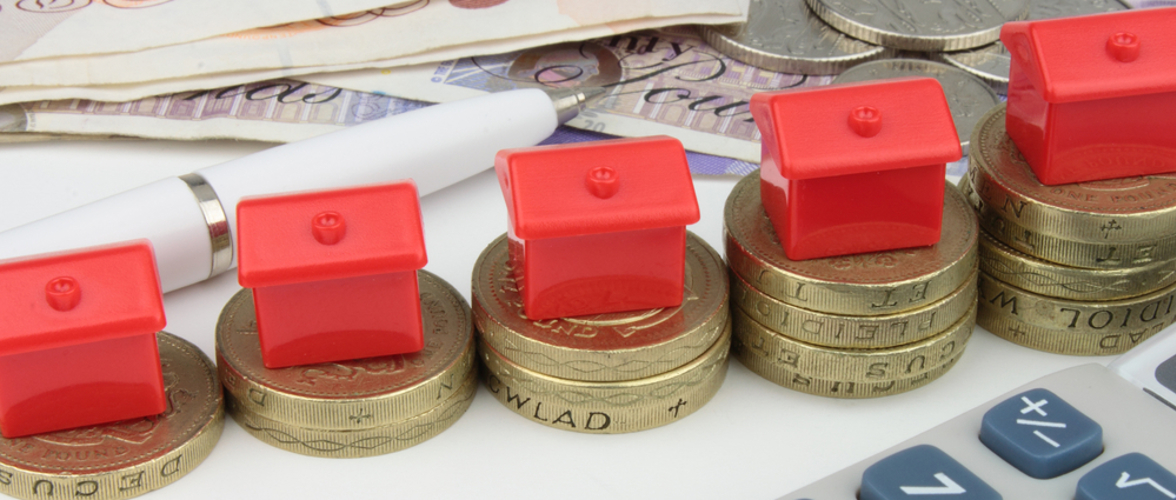Australian mining and manufacturing sectors currently have a significant opportunity to expand across the battery supply chain. Accelerating global demand for electric vehicles is driving demand for refined lithium, cobalt and other battery components. The previous mining boom in Australia saw iron ore and coal shipped overseas for processing into value-added steel. However, in the emerging battery boom, Australian firms are making serious attempts to push further into the supply chain, and develop domestic refining and manufacturing capabilities for battery components.

Battery boom
The Battery Material Mining industry was worth $1.6 billion in 2020-21, and revenue has grown at an annualised 27.8% over the past five years. This exceptional rate of growth is anticipated to continue amid the global economic recovery from the COVID-19 pandemic, with revenue forecast to rise at an annualised 22.1% over the five years through 2025-26, to $4.4 billion. While many countries are racing to bolster lithium supply lines following Trump-era trade tensions and COVID-19 disruptions, none have Australia’s access to raw materials.
Uptake of electric vehicles is forecast to drive demand for batteries over the next few decades, with the volume of global sales likely to surpass sales of internal combustion engine (ICE) vehicles by 2050. Almost 5,200 electric vehicles were sold in Australia last year, representing only 0.56% of sales in the Motor Vehicle Dealers industry. However, this share is projected to rise quickly over the coming decade, particularly as electric vehicle charging stations become more common.
Demand for batteries is also forecast to rise in response to the global adoption of intermittent renewable energy generators, such as solar panels and wind farms. Large-scale battery storage is becoming increasingly common, as highlighted by large-scale battery installations constructed in South Australia and Victoria over the past five years.
The first step on the lithium value ladder is refining the raw material, which is mostly undertaken in China. Spodumene ore from mines is concentrated into refined lithium hydroxide powder and lithium carbonate. Those chemicals are then processed with materials such as nickel or cobalt to produce battery electrodes, or with solvents to make electrolytes, the key parts of the cells that are assembled into batteries.
Obstacles
Australian producers currently generate a significant share of revenue from exporting lithium-containing spodumene. However, spodumene exports represent only 0.7% of the potential value of the entire lithium supply chain. Australian lithium miners have already begun to invest in domestic refining infrastructure to produce value-added lithium hydroxide. Further investment in later-stage refining facilities may allow firms to produce cathodes, which would provide a major growth opportunity for the Gold and Other Non-Ferrous Metal Processing industry. Currently, products other than gold or nickel account for only 4.6% of revenue in that industry, or $1.5 billion.
However, Australia faces some hurdles in its pursuit of a domestic battery manufacturing supply chain. A shortage of skilled workers, relatively high labour costs, and a lack of large-scale domestic customers such as vehicle manufacturers, undermine the viability of domestic manufacturing. The development of domestic lithium refineries has also been hindered by a major decline in global lithium prices, from $US16,500 per tonne in 2018 to close to $US8,800 in 2021. Fortunately for lithium producers, the price is anticipated to recover back to $US13,500 by 2025.
Despite these hurdles, Australian firms that can capitalise on the battery boom are set to expand significantly over the next decade.
IBISWorld reports used to develop this release:
- Battery Material Mining in Australia
- Motor Vehicle Dealers in Australia
- Gold and Other Non-Ferrous Metal Processing in Australia
For more information, to obtain industry reports, or arrange an interview with an analyst, please contact:
Jason Aravanis
Strategic Media Advisor – IBISWorld Pty Ltd
Tel: 03 9906 3647
Email: mediarelations@ibisworld.com








